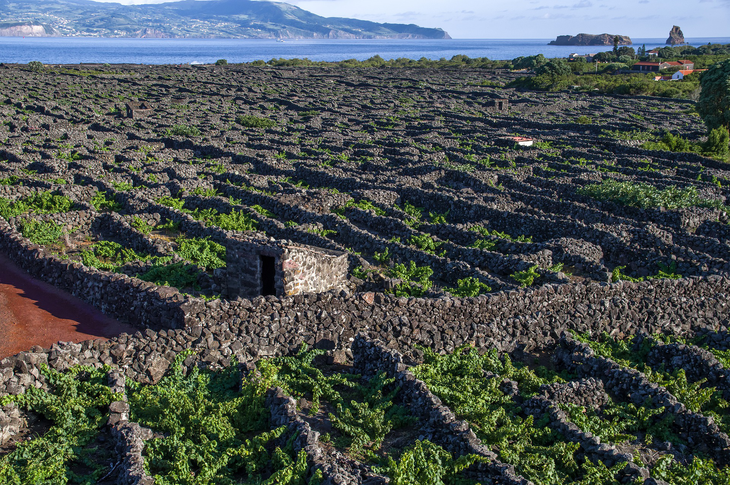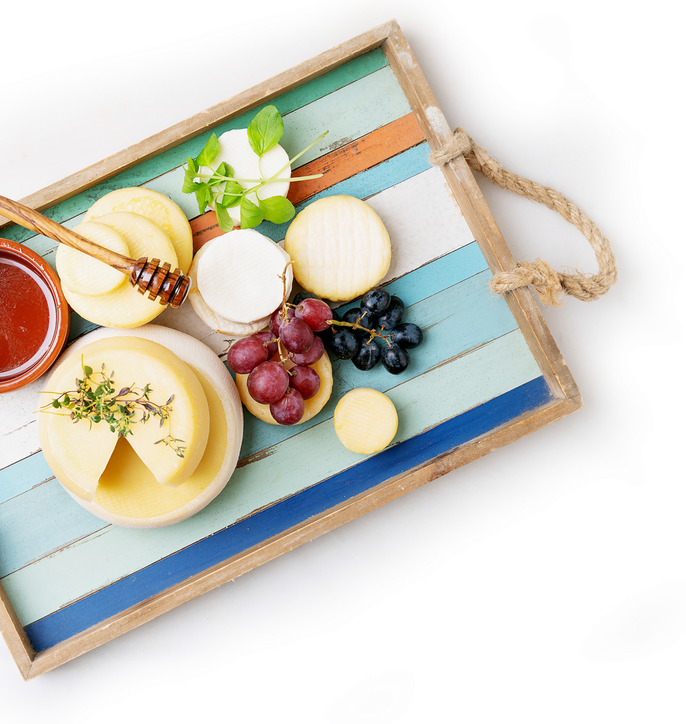

Food culture can be found at the center of rearch studies and official reports, in relation to socio-cultural and economic development, and especially to the growing tendency in tourism: searching for authentic experiences grounded in the places one visits.
On both a national and regional level, food can constitute a unique image for branding a place by helping make it different and unique (OECD, 2012).
In fact, the gastronomic identity of a tourist destination is seen more and more as a relevant aspect for marketing a region and highlighting the value of local products.



Food Culture Routes – support in organizing and accompanying field trips focusing on Azorean food culture and history and involving local agents and producers.
Workshops on regional food culture by professionals in the field.
Workshops on regional food culture with local partners (public entities, associations, and locals).



According to studies conducted by the European Travel Commission, travelers drawn to food culture and heritage stand out as one of the niches that is most ready to retake to the skies. During recent years, the concept of touristic niches has emerged in opposition to so-called mass tourism, and the negative impact of its overwhelming proportions. In an increasingly global world where everything seems to be increasingly more of the same, niches in tourism represent diversity and differentiation.
For agents and entities responsible for tourism, who look to this sector for social and economic development, touristic niches seem to be the right choice, since they offer more sustainable, less prejudicial options and, more importantly, have the capacity of attracting tourists with more buying power (Novelli, 2005).